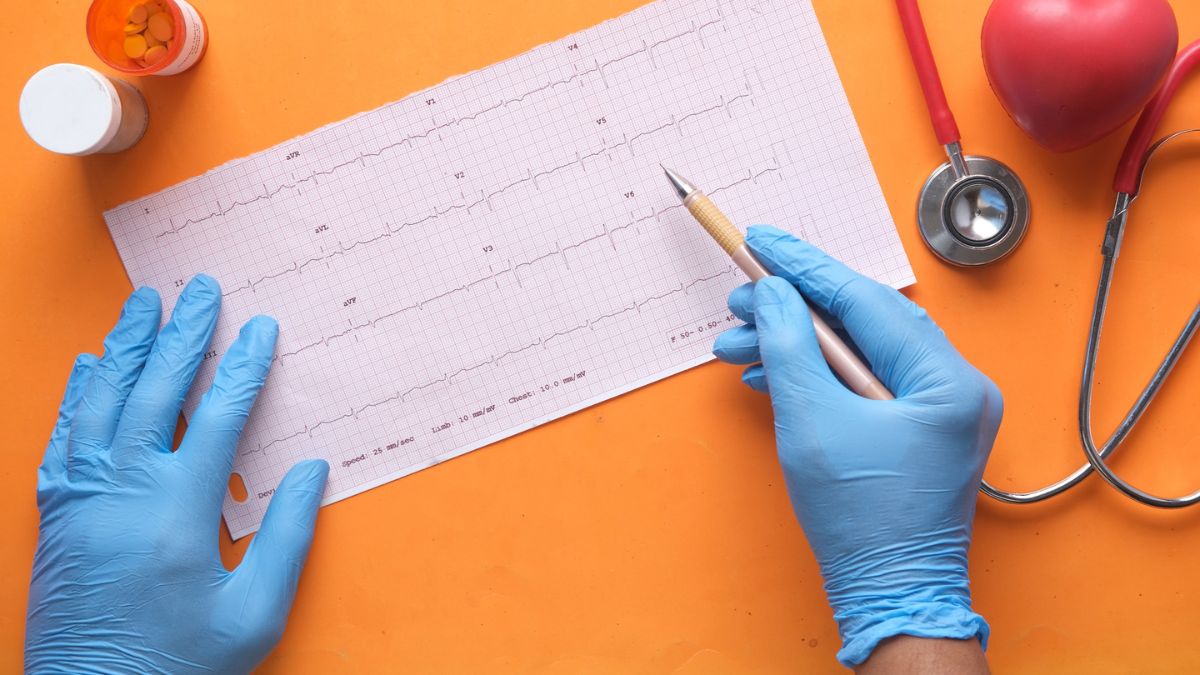- By Vikas Yadav
- Sat, 13 May 2023 12:27 AM (IST)
- Source:JND
RESEARCHERS in the United Kingdom have forged an artificial intelligence algorithm that could one day help doctors and healthcare experts diagnose heart attacks at a rapid pace with precision. Findings from the research were published in the 'Nature Medicine' journal.
The new algorithm known as CoDE-ACS, as per researchers from the University of Edinburgh, ruled out a heart attack in "more than double the number of patients," reaching an accuracy of 99.6 per cent compared to other testing methods. This could help shrink admission rates at hospitals and monitor patient health.
Also Read: AI Effect? These 10 Jobs Could Become Obsolete With New Technologies
"For patients with acute chest pain due to a heart attack, early diagnosis and treatment saves lives," said Professor Nicholas Mills, the kingpin of the research. "Unfortunately, many conditions cause these common symptoms, and the diagnosis is not always straightforward." "Harnessing data and artificial intelligence to support clinical decisions has enormous potential to improve care for patients and efficiency in our busy Emergency Departments," Mills added.
Other than heart attacks, CoDE-ACS may soon help healthcare workers identify patients having abnormal troponin levels due to a heart attack rather than a different condition.
“Chest pain is one of the most common reasons that people present to emergency departments," said Professor Nilesh Samani, Medical Director of the British Heart Foundation. "Every day, doctors around the world face the challenge of separating patients whose pain is due to a heart attack from those whose pain is due to something less serious," he states.
Also Read: AI In The Newsroom: ChatGPT-Like Bots Reportedly Used To Create News Content
CoDE-ACS was minted from data from 10,038 patients in Scotland who reached the hospital with a suspected heart attack.
The algorithm used periodically tracked data such as the patient's age, sex, ECG reports, medical record and troponin levels to indicate the probability of a heart attack. This probability score ranged from 0 to 100 for each patient. Currently, the tool is undergoing clinical trials in Scotland to evaluate whether it can be of help to relieve pressure on the overcrowded emergency departments.
With inputs from IANS

